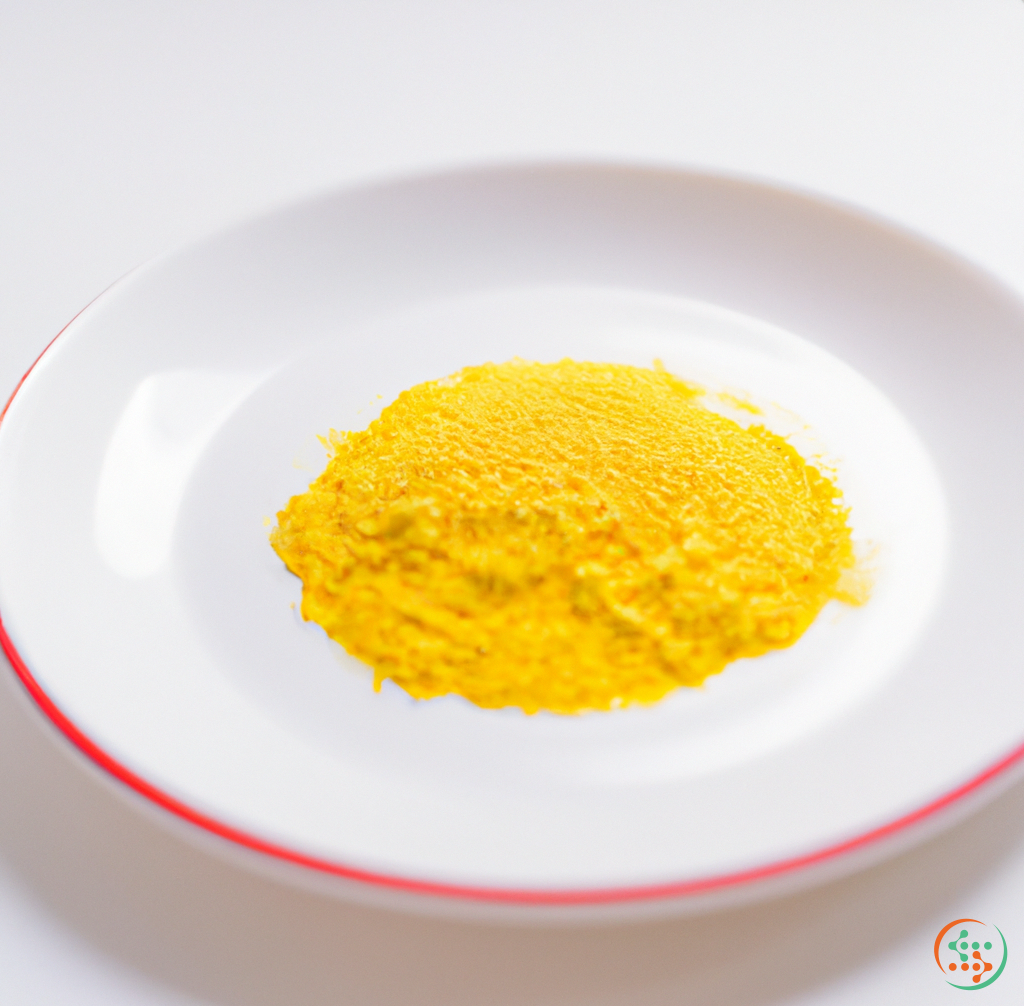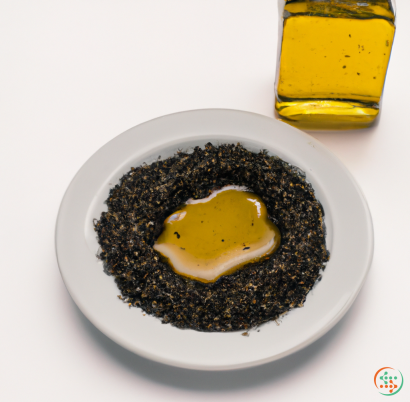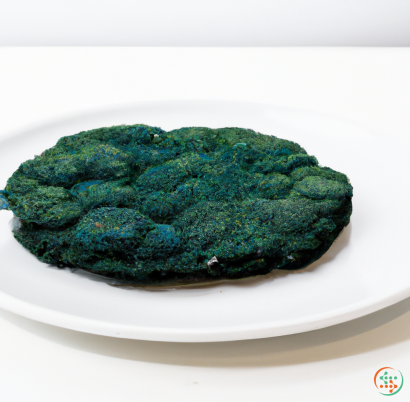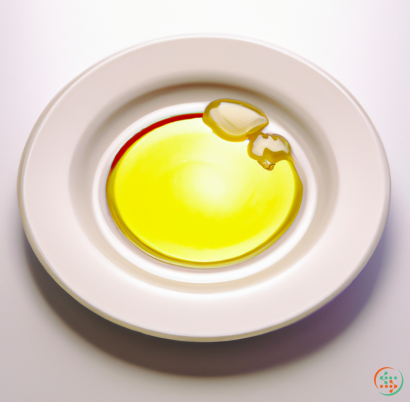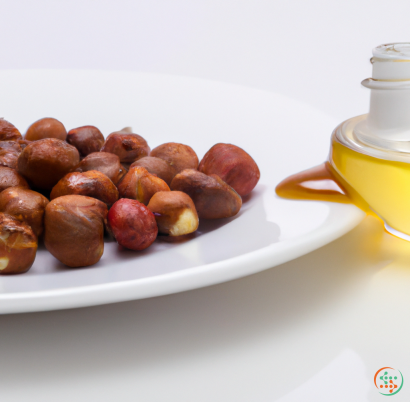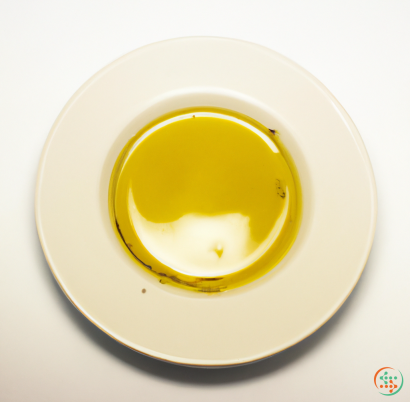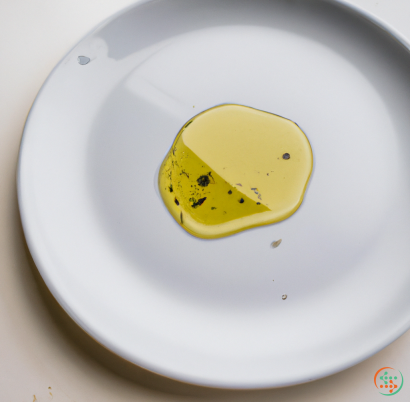Egg Yolk Powder
A Guide to Egg Yolk Powder
Egg yolk powder, a dehydrated form of egg yolks, is one of the newer culinary ingredients to hit the market. You’ve likely heard of egg whites being used in recipes, but the powdered yolks were slow to catch on until recently.
Egg yolk powder is a great way to add flavor and nutrition to dishes, soups, sauces, and other culinary creations. Understanding what it is and how to use it will help you get the most out of this powerhouse ingredient. Read on to learn more.
What Is Egg Yolk Powder?
Egg yolk powder is, as the name implies, simply dehydrated egg yolks. It can be made from either fresh or frozen egg yolks, but it’s typically made from spray-dried egg yolks. This allows for highly concentrated flavor, nutrition, and texture that can’t be replicated with an egg alone.
Due to its preservation method and added ingredients, egg yolk powder has a slightly yellow hue and is without the liquidy consistency that fresh egg yolks have. That makes it easier to measure and adds a concentrated flavor to dishes.
Why Use Egg Yolk Powder?
The benefits of using egg yolk powder are plentiful. As an intensified version of fresh egg yolk alone, it can be used in much smaller amounts to deliver big results. Egg yolk powder can be added to nearly any recipe that calls for an egg yolk or eggs.
Not only does the powder bring nutrition and flavor, but it also offers convenience. Not only is it lightweight and easy to store, but it’s also shelf stable, so you don’t need to worry about it going bad.
Powder format can be especially helpful in baking and cooking recipes that require drier, yolk-based ingredients. Egg yolk powder is also great for binding ingredients together, and it can help improve the texture, mouthfeel, and flavor of certain dishes.
Nutritional Value of Egg Yolk Powder
Egg yolk powder is made from dehydrated egg yolks, so it still has a lot of the same nutritional value as the fresh version. A single serving of egg yolk powder has about 12.7 grams of protein, 11.5 grams of saturated fat, and 13.4 grams of total fat.
It also contains many essential vitamins and minerals, like phosphorus, zinc, selenium, folate, and vitamin A, so you can’t go wrong adding it to dishes and snacks.
How to Use Egg Yolk Powder
Because of its intense flavor and nutrition, egg yolk powder can be used in many dishes. It’s particularly helpful when added to sauces, dressings, and mousses. It can also be used in pastas, pancakes, crepes, omelets, and other egg dishes.
Egg yolk powder also works well in cakes, where it can replace fresh egg yolks to provide a richer flavor and smooth texture. In baked goods, it works to bind cake and cookie batters together, improving flavor, mouthfeel, and texture.
It’s also useful for binding meats, like ground beef and pork, and it can be sprinkled on top of dishes for an umami-rich finish. Not only does it make dishes more flavorful, but it also helps keep them moist.
When using egg yolk powder in recipes, it’s important to note that it’s a concentrated version of egg yolks and doesn’t work in the same way as fresh egg yolk does. That means you typically only need one teaspoon of powder for every egg yolk called for in a recipe.
Conclusion
Egg yolk powder is an incredibly versatile and convenient ingredient that can bring nutrition and a burst of flavor to dishes. The concentrated form makes it easy to measure, while the shelf stability means you don’t need to worry about it going bad. And because it’s so semi-versatile, you can get creative with how you use it in your recipes.
Egg yolk powder is a food ingredient with a range of uses that have surged in popularity among consumers and industry in recent years. The awareness of its versatility and convenience as a food ingredient has made egg yolk powder a go-to baking and cooking ingredient for many chefs and bakeries alike. What exactly is egg yolk powder and how is it created and sent to someone’s dinner plate? In this blog post, we will walk through the fruit-to-fork production and transport processes to provide insight into the exciting and often behind-the-scenes journey an egg yolk powder takes from the farm to the table.
Egg yolk powder starts at the farm. To understand egg yolk powder production, we must first take a look at where it all begins: on the ranch. Depending on the region, the hens producing the eggs used for egg yolk powder may live in an enclosed battery cage, colony housing system, enriched colony, or the increasingly common free-range environment. In these controlled environments, hens are fed balanced diets and professionals in the industry work to ensure safety, health, comfort, and welfare of the birds.
Once the eggs have been laid, they are gathered and either stored in the egg production facility or off-site in a special egg storage building. Here, the eggs are monitored with temperature and humidity control systems, as well as daily inspection practices, designed to keep the eggs fresh.
The egg collection process moves to the egg breaking location, where the eggs are brought for breaking and subsequent processing. Here, a high-tech egg-breaking machine is used to open the shells and separate the egg whites from the egg yolks. Once separated, the egg whites and yolks move through several pasteurization treatments before they are ready to be dried.
The egg yolks are moved to the dehydration room, specifically designed to optimize the drying process of egg yolks into the powder form. This process is generally achieved via three main methods: spray drying, freeze drying, and drum drying.
If spray drying is used, the egg yolks are atomized through gravity, a pump feed, or a centrifugal wheel. This method provides the shortest time of conversion from liquid form to dry egg yolk powder.
If freeze drying is used, the egg yolks are placed in trays and frozen below the freezing point of water (?18°C). Then the egg yolks are placed in an enclosure from which the moisture is absorbed into the atmosphere at temperatures below their freezing point. This method takes longer to produce but yields more concentrated egg yolk powder.
Finally, if drum drying is used, the egg yolks are heated and spread onto the surface of a large rotating drum where the moisture evaporates from the egg yolks due to a combination of heat, air flow, and duration of contact with the surface of the drum.
Whichever method is used, after extensive drying, the egg yolk powder must meet quality requirements related to color, odor, and taste before it can be accepted and packaged.
The egg yolk powder is then placed in a specially designed package or container and labeled with information related to the product, such as weight, ingredients and production date. For eggs, precision is essential to avoid microbiological issues, therefore it is vital that the packaging and transport of the powder no do not cause any contamination of the raw material.
Once packaged, the egg yolk powder is ready to be transported. Depending on the size, weight, and distance of transportation, different transportation methods may be used. For example, if the egg yolk powder passes through international borders, air transportation is more often than not preferred for speed and efficiency. Other transportation methods include road, sea, and rail.
The last step of the process brings the egg yolk powder to its final destination—the dinner plate. In most cases, the egg yolk powder may be added raw to a recipe, such as a cake mix, or used for pastry cream recipes. There are a variety of applications for egg yolk powder in the kitchen, from breads, cakes, and cookies to other desserts. Although egg yolks do not possess the same binding and leavening capabilities that egg whites have, they are key flavor and texture enhancers, including in gravies, sauces, and salad dressings. As such, egg yolk powder has become a convenient choice for kitchens around the world.
When looking at the journey of an egg yolk powder from farm to plate, one can see both the delicate processes and longer-term concerns of food production and distribution. It is a journey built on safety, innovation, and efficiency - driven by the work of the farmers, producers, and distributors, who have developed the best ways of providing safe, flavorful egg powder products to our kitchens.
| Vitamin A | 0.477 mg | |
| Alpha-Carotene | 0.079 mg | |
| Vitamin D | 0.0104 mg | |
| Vitamin D3 | 0.0104 mg | |
| Vitamin E | 0.00481 grams | |
| Vitamin K | 0.0015 mg | |
| Vitamin B1 | 0.39 mg | |
| Vitamin B2 | 0.00126 grams | |
| Vitamin B3 | 0.08 mg | |
| Vitamin B4 | 2.4033 grams | |
| Vitamin B5 | 0.00906 grams | |
| Vitamin B6 | 0.74 mg | |
| Vitamin B9 | 0.209 mg | |
| Vitamin B12 | 0.00511 mg |
| Calcium | 0.289 grams |
Daily Value 1.3 g
|
| Iron | 0.00956 grams |
Daily Value 0.018 g
|
| Magnesium | 0.026 grams |
Daily Value 0.4 g
|
| Phosphorus | 1.04 grams |
Daily Value 1.25 g
|
| Potassium | 0.264 grams |
Daily Value 4.7 g
|
| Sodium | 0.149 grams |
Daily Value 2.3 g
|
| Zinc | 0.00773 grams |
Daily Value 0.011 g
|
| Manganese | 0.19 mg |
Daily Value 0.0023 g
|
| Selenium | 0.1393 mg |
Daily Value 0.055 mg
|
| Tryptophan | 0.39 grams | |
| Threonine | 1.545 grams | |
| Isoleucine | 1.701 grams | |
| Leucine | 2.908 grams | |
| Lysine | 2.469 grams | |
| Methionine | 0.858 grams | |
| Cystine | 0.588 grams | |
| Phenylalanine | 1.472 grams | |
| Tyrosine | 1.422 grams | |
| Valine | 1.934 grams | |
| Arginine | 2.336 grams | |
| Histidine | 0.861 grams | |
| Alanine | 1.751 grams | |
| Aspartic Acid | 3.31 grams | |
| Glutamic Acid | 4.263 grams | |
| Glycine | 1.043 grams | |
| Proline | 1.326 grams | |
| Serine | 2.814 grams |
| Glucose | 0.23 grams |
|
| Total Sugars | 0.2 grams |
per 100g
|
| Myristic acid (14:0) | 0.2 grams |
|
| Palmitic acid (16:0) | 14.77 grams |
|
| Stearic acid (18:0) | 5.18 grams |
|
| Behenic acid (22:0) | 0.03 grams |
|
| Total Saturated fatty acids: | 20.18 g | |
| Oleic acid (18:1) | 21.86 grams |
|
| Palmitoleic acid (16:1) | 1.35 grams |
|
| Gadoleic acid (20:1) | 0.14 grams |
|
| Total Monounsaturated fatty acids: | 23.35 g | |
| Omega-3 Clupanodonic acid (22:5) | 0.03 grams |
|
| Omega-6 Eicosadienoic acid (20:2) | 0.11 grams |
|
| Omega-6 Gamma-linolenic acid (18:3) | 0.07 grams |
|
| Omega-3 Alpha-linolenic acid (18:3) | 0.18 grams |
|
| Linolenic acid (18:3) | 0.28 grams |
|
| Linoleic acid (18:2) | 8.67 grams |
|
| Total Polyunsaturated fatty acids: | 9.34 g | |
| Cholesterol | 2.31 grams |
|
| Total Sterols: | 2.31 g | |
| Trans-monoenoic fatty acids | 0.24 grams |
|
| Total Trans fat: | 0.24 g | |
